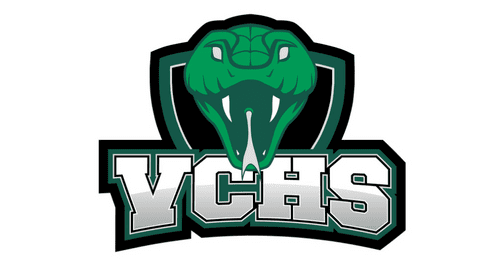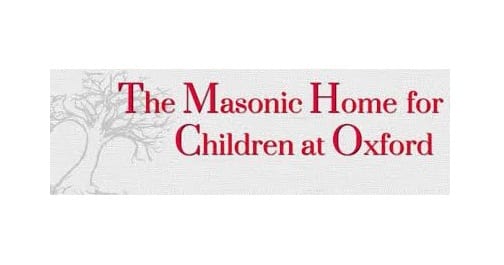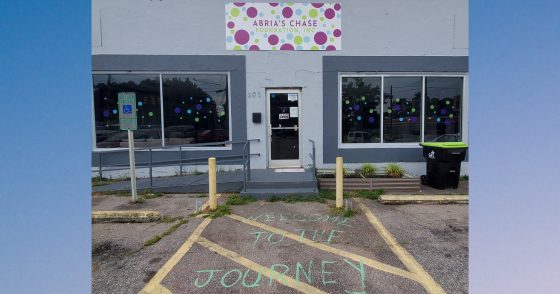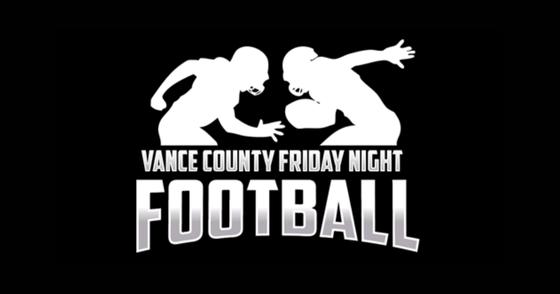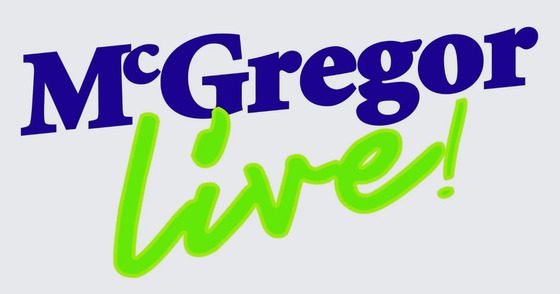Written and provided by Jean Bell, Parenting Education Coordinator, Vance County Cooperative Extension
You can hear Jean Bell, Wayne Rowland and Paul McKenzie each M-Th on WIZS at 2:05 p.m. The following script will air Thursday, June 7, 2018.
Summer Learning
Kids work hard during the school year and look forward to summer break. Kids and parents do need down time from schoolwork and projects, but students can lose ground over the summer, forgetting what they learned the previous year. Parents can help prevent this from happening by planning some simple summer activities to help keep kids engaged in learning.
One of the most important activities you can do with your child over the summer school break is to encourage reading. Make reading fun for your child this summer and let your kids know that reading is important. Set a good example by reading together as a family. Let kids know that their parents read for pleasure, and let your kids see you reading. Go to the library or bookstore together and let kids select books on any topic that interests them. Ask the librarian for help in selecting books that are at your child’s reading level. Even if your child is not yet reading on her own, take her to the library and let her select books that interest her, then read them aloud together. If a book is a little above your child’s reading level, but he is interested in the topic, select the book as one that you will read aloud together. Reading aloud together is a wonderful way to let your child know that reading is enjoyable and can spark discussion on new topics and interests between parents and kids.
Talking and listening to kids about what they are reading is a good way to get to know your kids and is a way to encourage learning. Ask your kids questions about what they are reading. Go beyond the easy questions like “What book are you reading?” and ask her about the story and the characters. You could ask your child questions like “Why do you think the character did that? Or What do you think could happen next?” Listen to your child’s ideas about the book. Asking more in-depth questions helps your child think about the meaning of what he reads. Don’t forget about just having talks when you and your child are together. This is a great way to learn about how your child thinks and feels. You might talk in the car when traveling or just at home in the evenings, since there’s no homework to do! Your preschooler has ideas too, and when you talk and listen and sing to your preschool child you also teach your child vocabulary and how language works.
Along with reading, talking and listening to your child, writing is another way your child learns to express himself and learns language. Your child may already be able to write his name and write his ABC’s but that doesn’t mean that he can’t have fun writing. Make writing fun by writing your children of all ages a note, and have them write you a note back. Find a pen pal for an older child. Have kids write your shopping list, then take the list to the store when you shop and have the kids check off the items as you put them in the cart. Kids can even write and illustrate their own comic or short story on anything that interests them. Show your kids how you use writing in everyday life, that writing can be a good creative outlet.
Helping kids continue to learn during the summer does not mean that you have to do worksheets and tests. Just showing your kids that reading is a fun activity will help them to be ready for the next school year.

